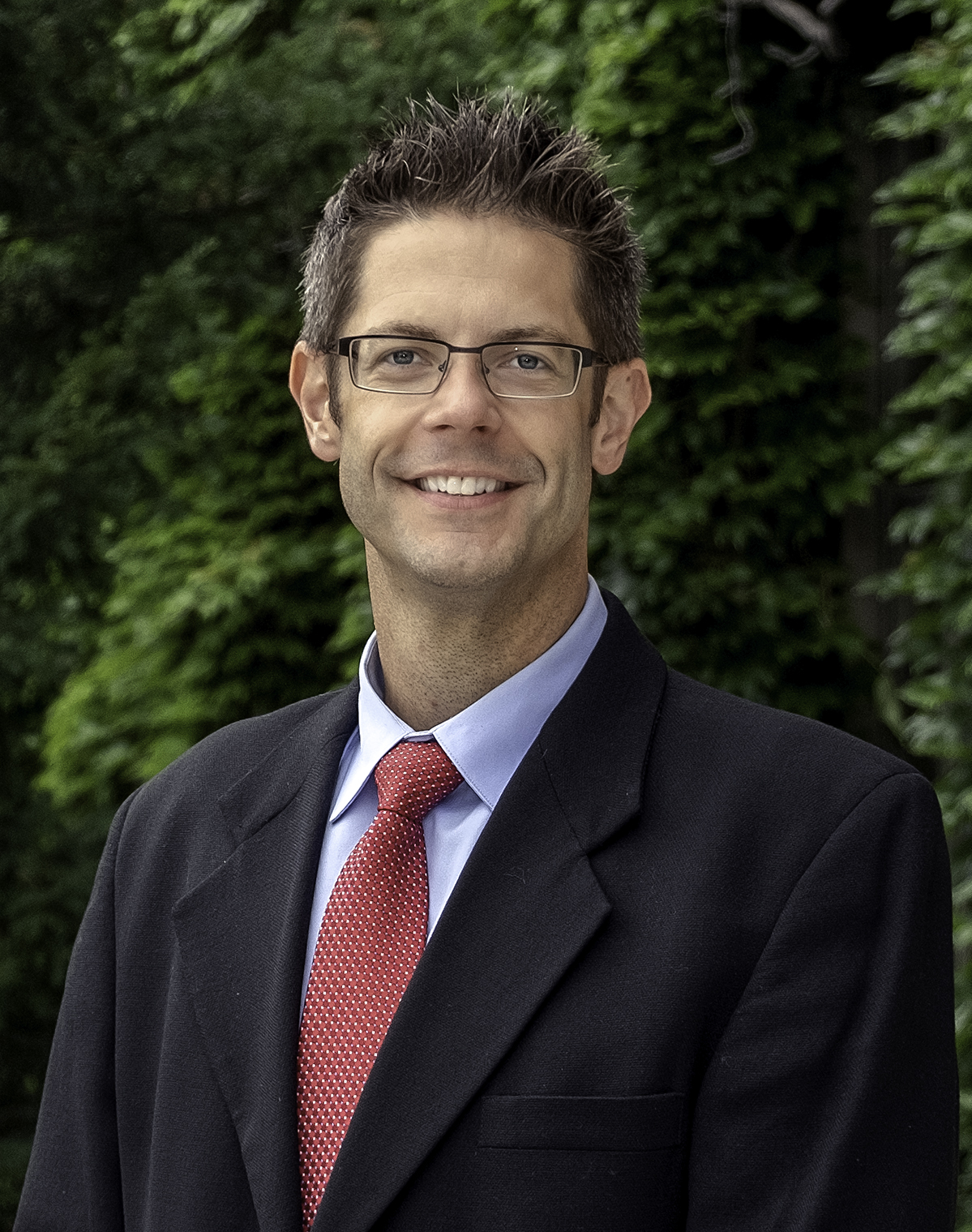Disability
Support Services Panel
Tuesday, March 28th,
2017 at 4:30pm-5:30pm in 110 Moon Library
(Class project of facilitators Amelia Hoffman and Lisa--thank you very much for sharing with campus!)
· Mary Triano, Assistant
Dean for Student Affairs (Student Support) at ESF
·
Paula
Possenti-Perez, Director of Office of Disability Services at Syracuse University
·
Bethany
Heaton-Crawford, Assistant Director & Counselor of Office of Disability
Support Services at Syracuse University
·
Melissa Stevens
& Morgan Harrington, from Elmcrest Special Education Center
Abstract:The panel will engage in discussion about
trends in students coming to college, common barriers experienced by students,
and about different types of disabilities. The goal is to continue to build
awareness about the complexity and diversity that exists within the community
and discuss case studies that highlight areas where faculty and staff can
engage in eliminate barriers and act as advocates and empower their students. We welcome all!
Question posed by facilitators: Why are IEP, 504 plans (primary and
secondary school plans) important? Documentation of a disability or
pre-conditions. College students are
bright; they may have been able to accommodate on their own prior to the more
rigorous higher ed curriculum.
Accommodations may change as workload and available technology
change. Terminology also changes with
private and public institutions. About
access to the educational environment.
Work with student to create an “Access plan.” In terms of success and satisfaction,
navigating the system can create a lot of stress, especially on top of the
courseload. Stigma of disability and
fear of faculty response may lead students to choose not to disclose. In an inclusive environment: One is disabled by limited access.
In preschool classrooms, it takes a good month to lay
groundwork, and several months to see results of accommodations.
Disability is socially constructed to be not-normal. In our culture, need to be brave to
disclose. Need to stick out and fail
prior to receiving services. Each
transition has a barrier as well, may no longer qualify as move to next aged
program. Intentionality of language can
change that. Accumulated
microaggressions reinforce the negative, and it’s internalized. Accommodation is different and hard word, but
it makes a difference.
Universal design—shift in
pedagogy and multi-modal design can benefit all students, not just the ones who
requires an accommodation. Eg, closed
captioning—everyone can read along, not just the hearing impaired.
Questions from audience:
Beyond the syllabus addition
regarding accommodation, what can faculty do to increase their confidence in
carrying out those conversations?
Statement asks students to identify elements that might be
problematic. Leave different means to
engage students. Language matters! Go through syllabus to identify. Admit—I am not an expert. I rely on you to let me know what works, and
we can figure it out together. What if a
faculty member suspects a disability but it has not been disclosed? Ask, you seem engaged, but your test grades
aren’t reflecting that. Talk to me about the gap.
What are some common barriers
experienced by students? “I want to try
it without”—we want to be respectful of that, but also talk them through
because there is a reason(physical, neurological, chemical, whatever) why student is in their office. Students are also not always aware of all the
accommodations available to them; faculty, too.
Answer is: let’s ask! Accommodation often requires timeliness and
faculty cooperation—like notetaking, alternate format. Publishers won’t release information without
proof of purchase. Physical construct of
classroom can be a barrier—how building or lab is designed.
Working on an accessibility map
so paths are clearer. Solutions may be
moving classrooms, or changing schedules.
Many students have said that they
have difficulty disclosing invisible disabilities—what tools might make this
easier? Disability Center can role play
that conversation; help them develop a script.
Communicate first electronically.
Each student has a counselor that can act as a liaison. They would like to work more with faculty and
help them understand that there is leadership there to support them so that it
is not a “burden.” This is what we can do to help you support ALL
students. Counselor may email, copy
student, staying “… will be coming to talk with you.” How much they have to disclose is a big black
hole—students can feel like they need to disclose whole history, or faculty may
fear that they know need to be an export on that concern. Many faculty don’t want that level of
detail—they want to know what they can do to help. How can they know when student is struggling
or not? What conditions will help
student learn best? Sometimes parents
haven’t allowed their child to be involved with that conversation through high
school because they want to shield child from the stigma, from the difficulty
in obtaining their service, etc. Mindset
factor: “I’m no good at this” but its
cognitive distortion due to ineffective strategies. Tutoring differs between high school and
college; there is now expectation that they will have tried to read the chapter
prior to session.
What are the percentages of ESF
students receiving services? How does
that compare to other places?
Implications to things that are coming through the ranks? Nationally, about 11%; SU 7%, ESF ~6%
(self-reported). All averages are going
up, more students on autism spectrum (esp at STEM schools) because of early
interventions. Technology has come a
long way. Assistive technology isn’t
utilized in k-12, which means new students have to learn to use while trying to
learn everything else. Read and Write
can be used by all students, so everyone learning together. At SU, will be getting a lot more
veterans. The more they become savvy
about self and benefits of diversity…










